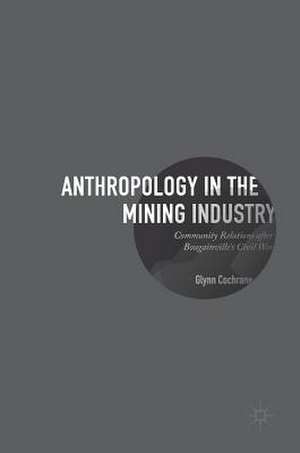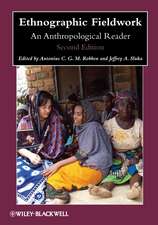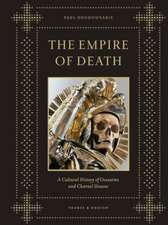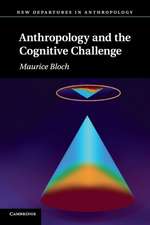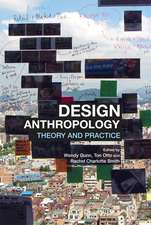Anthropology in the Mining Industry: Community Relations after Bougainville's Civil War
Autor Glynn Cochraneen Limba Engleză Hardback – 19 ian 2017
| Toate formatele și edițiile | Preț | Express |
|---|---|---|
| Paperback (1) | 199.15 lei 6-8 săpt. | |
| Springer International Publishing – 13 iul 2018 | 199.15 lei 6-8 săpt. | |
| Hardback (1) | 584.58 lei 6-8 săpt. | |
| Springer International Publishing – 19 ian 2017 | 584.58 lei 6-8 săpt. |
Preț: 584.58 lei
Preț vechi: 687.74 lei
-15% Nou
Puncte Express: 877
Preț estimativ în valută:
111.86€ • 121.89$ • 94.26£
111.86€ • 121.89$ • 94.26£
Carte tipărită la comandă
Livrare economică 24 aprilie-08 mai
Preluare comenzi: 021 569.72.76
Specificații
ISBN-13: 9783319503097
ISBN-10: 331950309X
Pagini: 243
Ilustrații: XV, 243 p.
Dimensiuni: 148 x 210 x 20 mm
Greutate: 0.44 kg
Ediția:1st ed. 2017
Editura: Springer International Publishing
Colecția Palgrave Macmillan
Locul publicării:Cham, Switzerland
ISBN-10: 331950309X
Pagini: 243
Ilustrații: XV, 243 p.
Dimensiuni: 148 x 210 x 20 mm
Greutate: 0.44 kg
Ediția:1st ed. 2017
Editura: Springer International Publishing
Colecția Palgrave Macmillan
Locul publicării:Cham, Switzerland
Cuprins
1. Introduction.- 2. Bougainville lessons for Rio Tinto.-3. Panama and indigenous peoples.- 4. Miners join the UN Global Compact.- 5. Headquarters inception.- 6. A systematic approach.-7. Artisanal mining and closure.- 8. Data and forms of CSR.- 9. Resettlement.- 10. Results.- 11. Appendices.
Notă biografică
Glynn Cochrane, before his work with Rio Tinto, was Professor at the Maxwell Graduate School at Syracuse University, USA, and a World Bank staff member. He is now an adjunct faculty member at the University of Queensland, Brisbane, Australia.
Textul de pe ultima copertă
This book outlines how Rio Tinto—one of the world’s largest miners— redesigned and rebuilt relationships with communities after the rejection of the company during Bougainville’s Civil War. Glynn Cochrane recalls how he and colleagues utilized their training as social anthropologists to help the company to earn an industry leadership reputation and competitive business advantage by establishing the case for long-term, on the ground, smoke-in-the-eyes interaction with people in local communities around the world, despite the appeal of maximal efficiency techniques and quicker, easier answers. Instead of using ready-made, formulaic toolkits, Rio Tinto relied on community practitioners to try to accommodate local preferences and cultural differences. This volume provides a step-by-step account of how mining companies can use social anthropological and ethnographic insights to design ways of working with local communities, especially in times of upheaval.
Caracteristici
Presents a positive view of mining, rather than a narrow focus on corporate social responsibility Draws from varied, multidisciplinary perspectives—both inside and outside of academia Deals with the internal organization of mining companies and provides real-life case studies
